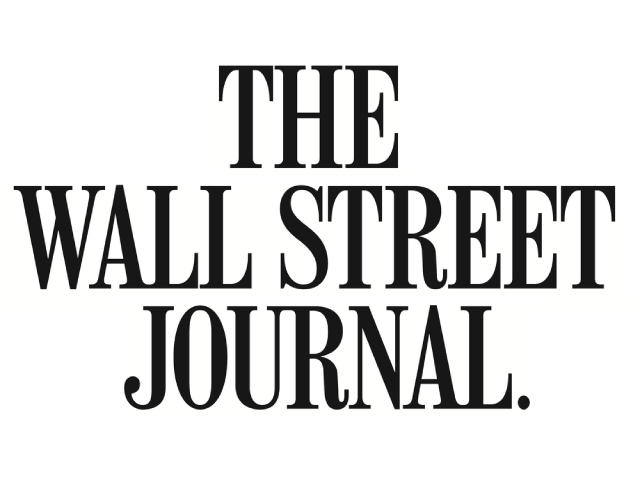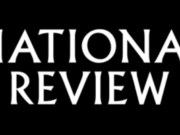This piece originally appeared in The Wall Street Journal on October 13, 2019.
This article is signed by Bradley A. Smith, Lee E. Goodman, and Michael E. Toner, all former chairmen of the Federal Election Commission.
A Senate Intelligence Committee report on Russian efforts to influence the 2016 election recommends that Congress consider mandating “paid for by” tags for online political advertisements. In response, Democrats are renewing a push to pass a bill misleadingly called the Honest Ads Act. The legislation has some bipartisan support; its co-sponsors include Sen. Lindsey Graham and 18 House Republicans. But the bill, which goes far beyond the Senate report’s recommendation, wouldn’t prevent foreign meddling and it would harm First Amendment rights.
The FEC already requires online advertisers to identify themselves on ads that support or oppose candidates. As former FEC chairmen, we know these rules need updating, but a rule-making to do so, which we support, is already before the FEC.
The Honest Ads Act would needlessly burden online platforms with heavy and unconstitutional regulation and would put the ecosystem of online political speech at risk.
The bill would require online platforms to maintain a public file of all political ads that appear on their sites if the purchaser has already bought $500 of political ads on the platform. They would have to provide a copy of each ad, a description of the audience targeted, the number of views generated, the dates it ran and more. Advertisers and platforms would be liable for collecting and providing this information.
Advocates of the bill argue that television and radio are regulated, so why not the internet too? But regulation of broadcast outlets evolved around the limited nature of the spectrum. That’s not an issue with the internet, and the speech-related burdens of regulating online advertising are much greater because of the sheer volume of content.
When states have implemented similar restrictions, the liability has scared platforms out of the political ad-business entirely. Maryland and Washington state created extensive regulations for online political ads in 2018. Google simply stopped accepting state and local political ads in those states, and Facebook wouldn’t take political ads in Washington. If major platforms exit the market nationally, political speech on the internet will be sharply reduced.
A coalition of press organizations, including the Washington Post and the Baltimore Sun, sued to challenge the Maryland law, and a federal district court rightly ruled in January this year that it violated the First Amendment. It is one thing to require advertisers to identify themselves, another to regulate websites, platforms and publications that merely accept the ads.
The Honest Ads Act won’t even stop foreign election interference. The Senate Intelligence Committee found that “paid advertisements were not key” to Russian influence efforts. The media’s fascination with paid advertising, the report added, “has detracted focus from the more prevalent use of original, free content via multiple social media platforms.” Despite spending $1.25 million a month, the Russian outfit at the center of the scandal spent only $100,000 over two years on Facebook ads. The majority of those were not election ads, so they wouldn’t be regulated by the Honest Ads Act.
Total spending on digital political ads was $1.4 billion in the 2016 election cycle. So even if the bill could prevent a handful of foreign ads, most of its burdens would fall on Americans.
Campaign-finance law isn’t the tool to prevent foreign meddling in U.S. elections. Adversaries won’t be scared off by civil penalties. This is a job for diplomatic, national-security and counterintelligence agencies. The Honest Ads Act is a needless sacrifice of First Amendment rights, not a serious effort to secure elections.














